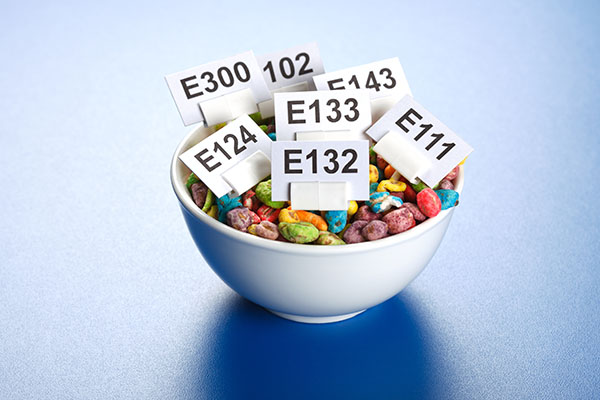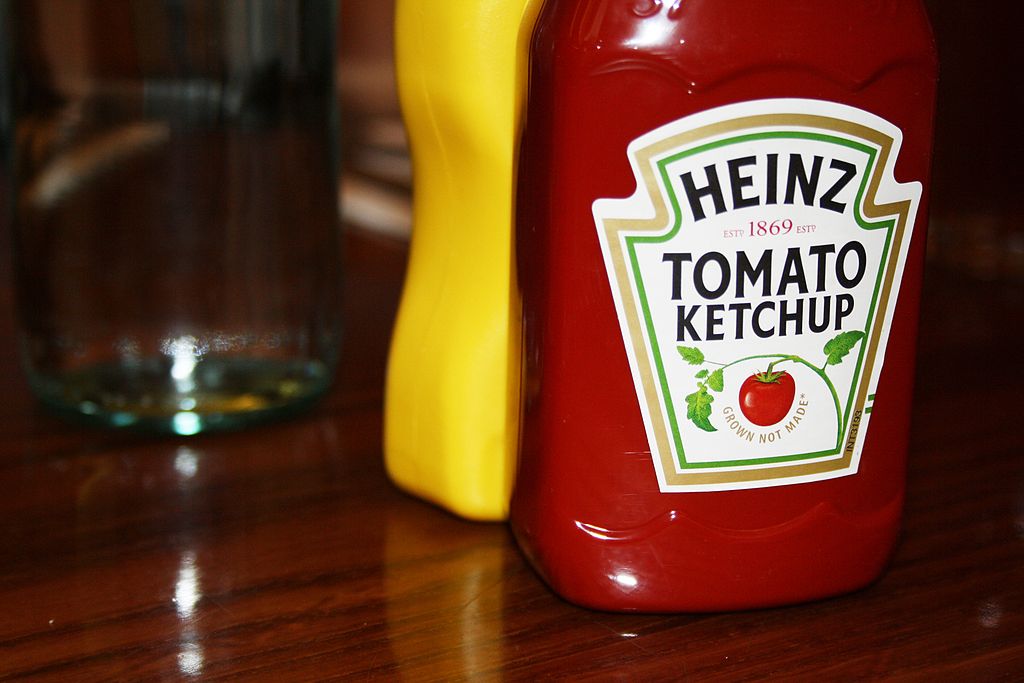Ready-to-eat chicken fettuccine alfredo RECALLED over Listeria contamination
06/27/2025 / By Olivia Cook

- FreshRealm issued a recall for ready-to-eat chicken fettuccine alfredo sold at major retailers due to Listeria monocytogenes contamination linked to 17 illnesses, three deaths and one fetal loss across 13 states.
- Unlike most bacteria, Listeria thrives in cold environments (fridges, deli counters, prepackaged meals) and has a long, unpredictable incubation period, making outbreaks hard to trace.
- Pregnant women, older adults and immunocompromised individuals face severe risks, including miscarriage, meningitis, and death. Symptoms (fever, nausea, confusion) often appear too late for easy diagnosis.
- The recall highlights recurring gaps in food safety. Despite prior inspections flagging Listeria, contamination persists. Past outbreaks (e.g., Boar’s Head deli meats, Jensen Farms cantaloupes) show similar patterns of widespread harm.
- Reheat ready-to-eat foods to 165 F, clean refrigerators regularly, check recall notices, avoid high-risk foods (unpasteurized cheese, cold deli meats) and monitor expiration dates. Vigilance is critical given Listeria’s resilience.
A creamy classic comfort food became the focus of a national health scare when major prepared meals supplier FreshRealm issued a recall for several varieties of their ready-to-eat chicken fettuccine alfredo. The products, sold at retailers like Kroger and Walmart, were recalled over Listeria monocytogenes contamination.
The recall followed an ongoing outbreak that has already led to 17 illnesses across 13 states, including three deaths and one fetal loss. The U.S. Department of Agriculture‘s Food and Safety Inspection Service (FSIS) flagged the products, urging consumers to toss them or return them immediately.
But this wasn’t just a one-time mistake. The outbreak sheds light on a deeper, more persistent problem. Listeria is not just a factory or deli issue – it is a refrigerator stealth invader. And this incident is only the latest chapter in a growing food safety crisis.
While most bacteria hate the cold, Listeria loves it. That’s what makes it so sneaky. It can thrive in refrigerated environments – like deli counters and factory equipment. Even refrigerators aren’t spared, as the pathogen lurks in ready-to-eat meals, deli meats and soft cheeses.
But what really makes L. monocytogenes dangerous is its relative long and unpredictable incubation period (the time between eating contaminated food and getting sick.) While some people may feel symptoms within a few days, others might not get sick for weeks, or even months.
The incubation period ranges from a few days to up to 70 days, with a median of around three weeks. This means a person could eat something contaminated today and not feel ill until nearly two months later.
For pregnant women, who are particularly vulnerable, the timeline is often even longer. One study found that pregnancy-related cases had a median incubation period of 27.5 days. Those involving the central nervous system, meanwhile, had a median of nine days.
Symptoms of L. monocytogenes include confusion, fever and chills, headache, muscle aches, nausea or stiff neck. But by the time these symptoms appear, the pathogen’s wide variability makes it hard to trace outbreaks. People don’t remember exactly what they ate or when
And when the infection does strike, it often targets the most vulnerable: Pregnant women, older adults and people with weakened immune systems. For them, what seems like a harmless refrigerated meal can become a serious health threat.
Beyond one brand: A pattern of vulnerability
The recalled meals weren’t obscure or niche; they were everyday staples made to save time and offer comfort. But investigators found that even factory-sealed, prepackaged meals aren’t always safe from contamination.
In fact, a routine inspection months before the outbreak had flagged a sample of chicken fettuccine alfredo for Listeria. That batch was destroyed, but the contamination likely persisted undetected.
This isn’t just an isolated case. The FreshRealm recall is the latest in a pattern of Listeria-related scares that highlight critical weaknesses in food production oversight and safety protocols – from factory equipment to grocery deli counters.
A major Listeria outbreak in 2024 linked to Boar’s Head Provisions ready-to-eat liverwurst and other deli meats led to 60 hospitalizations and 10 deaths across 19 states. In 2011, contaminated cantaloupes from Jensen Farms Colorado caused 33 deaths and 145 confirmed illnesses across 28 states across the country.
The hidden threats in “safe” foods
According to a clinical review published April 2025 in Clinical Infection in Practice, L. monocytogenes is uniquely resilient. It can:
- Thrive in cold storage.
- Form biofilms to protect it from disinfectants.
- Travel silently through food supply chains.
- Resist detection until people are seriously ill.
Once inside the body, Listeria can invade cells, travel to the brain or placenta and cause devastating consequences, especially in vulnerable groups. That is why early diagnosis, proper cooking and smarter sanitation practices are crucial. Despite the scary headlines, there are simple, science-backed ways to reduce the risk of food poisoning from Listeria:
- Reheat ready-to-eat meals and deli meats to 165 F; Listeria dies at high heat. Use a food thermometer to check.
- Clean refrigerators regularly. Listeria can live on containers, drawers and shelves for weeks, even in the cold.
- Check for recall notices.
- For high-risk populations, avoid risky foods. Skip unpasteurized cheeses, raw sprouts and cold deli meats unless reheated properly.
- Use foods before its “best by” date. Even refrigerated meals lose safety over time.
The recall of something as ordinary as ready-to-eat chicken fettuccine alfredo reveals a larger truth. The food system still has blind spots, and vigilance remains important.
Watch this news report about the dangers of Listeria contamination amid a plague of product recalls.
This video is from the Daily Videos channel on Brighteon.com.
More related stories:
CDC warns of LISTERIA outbreak in DAIRY products.
CDC issues food safety alert over recalled fruits linked to LISTERIA outbreak.
Inhibiting enzymatic function in LISTERIA bacteria found to weaken its antibiotic resistance.
Sources include:
Submit a correction >>
Tagged Under:
chicken fettucine alfredo, clean food watch, contamination, Dangerous, food collapse, food handling safety, food safety, food supply, FreshRealm, infections, Listeria monocytogenes, outbreak, Product recall, products, ready to eat foods, stop eating poison
This article may contain statements that reflect the opinion of the author
RECENT NEWS & ARTICLES
StopEatingPoison.com is a fact-based public education website published by Stop Eating Poison Features, LLC.
All content copyright © 2018 by Stop Eating Poison Features, LLC.
Contact Us with Tips or Corrections
All trademarks, registered trademarks and servicemarks mentioned on this site are the property of their respective owners.




















